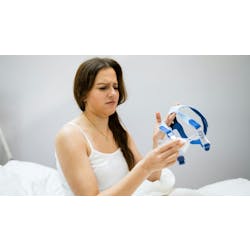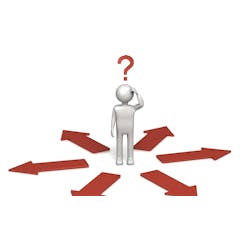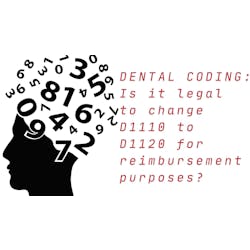Lory Laughter
There is often irony in the small stuff. Humans seem to get caught up in the most insignificant things and ignore the bigger picture. Dental hygienists are not immune to this.
At RDH Under One Roof (UOR) this year, approximately 2,300 registrants took advantage of the opportunity to learn, network, and create among their peers. The experience is inspiring. The concern is what happens afterwards.
Discussions would leave one to believe it is time for a change in our profession. The rumblings and dissatisfaction make this point very clear. Yet there is an entire group on social media where applause is given for those finally able to make it “out.” We ask for a revolution while we look for an escape. I get it—I’ve been there myself, but leaving is only one of many options.
At UOR, I heard stories of overcoming adversity, tales of success, and even a few brags of triumph. These moments are, unfortunately, followed at times by petty complaints and grumblings of discontent. An emotional presentation filled with stories of beating the odds was followed by gripes about the size and shape of the UOR pin given away each year by PennWell, the event host—for free. Even as a successful group of RDH shared how to open up new career opportunities in our profession, others chattered about why we need CE credits for collecting samples.
It is time for a change, and dental hygienists are calling for a revolution. The question is, are we willing to take the leap, and do we possess the necessary fortitude to accomplish the task? In a quest to jump to a better future, we might do well to learn from the past. Those who overcame oppression before us can provide insight for how we can do that now.
While I’m not sure what form this revolution should take, it is needed and we are not accomplishing it right now.
When change was needed in the past, people took action to be visible. Those hoping to initiate the change were seen and heard, even if not in the most conventional ways. They did things outside the norm to draw attention to their cause. The American Revolution was achieved by people acting in a manner to acquire a desired outcome, not by politeness and bending to authority at every turn. It makes one ponder why RDHs feel as if they cannot cause waves in the dentist-dominated field of oral health care when the population we took an oath to serve is being neglected, or when dental hygiene education is dismissed as inadequate, even though periodontal care is more a focus for us than it is for general dentists.
I haven’t seen dental hygienists crowding into legislative sessions or even state dental board meetings. I’ve never seen a large gathering of RDHs at the ADA House demanding to be heard. I’ve been guilty myself of missing state legislative days because of work, and I will be the first to admit I was in the wrong. There is rarely change after simply wishing for it to happen. In my experience, RDHs want to negotiate and persuade rather than demand or cause a scene. It’s just our nature to play nice. The question is, where has this attitude taken our profession?
Protests can bring on a negative reaction from the public and are seen as opportunities for the unemployed to cause inconvenience to others. Yet, large peaceful gatherings are often the only way to ensure a cause is heard. Imagine the attention to health-care access issues if thousands of RDHs stood in solidarity at a public health hearing. This issue could be brought to light through the regular publication of articles and op-eds, or advertisements in very public places that put the facts on display. The simple truth is this: people suffer and die because preventive care cannot be acquired through the current system of dental care delivery.
While I’m not sure what form this revolution should take, it is needed and we are not accomplishing it right now. There is a way to be seen and heard; we just haven’t found it yet. The biggest challenge might be admitting we need something different and daring to allow ourselves to imagine it. As a profession, dental hygiene needs to ask itself if the current way of initiating change is working. Do we have the needed systems in place to protect and advance our profession? Most importantly, in our existing organization are we able to provide oral health care to the public on the level needed to maintain a healthy population? Once we have those answers, all we need is merely the intestinal fortitude to act.
As most laws governing our practice are executed on a state level, it makes sense to have a strong presence there. Even in smaller states, a showing of 90% to 100% of licensed RDHs at a dental board meeting is impactful. It doesn’t take big funds—it takes numbers. On this same note, grassroots and local efforts must not be minimized. Our components, neighborhoods, and families empower us to act. Associating with others who share your goals gives power to any situation. We need energy and input where it matters the most, with those making the laws.
No revolution takes place while sitting in silence. An uprising may not be necessary, but a stand is essential. To me, the question is not if a revolution is need. The question is, are RDHs up to the task? If we have what it takes to control our destiny, the time to show it is now. Where to you stand (or sit) on the issue?
Lory Laughter,RDH, BS, MS, practices clinically in Napa, Calif. She is an assistant professor of periodontics at University of the Pacific. Her role as an international speaker allows her to combine her love of travel with educating dental professionals. She is a clinical educator for American Eagle Instruments. She can be contacted at [email protected].








